Plato’s Five Regimes
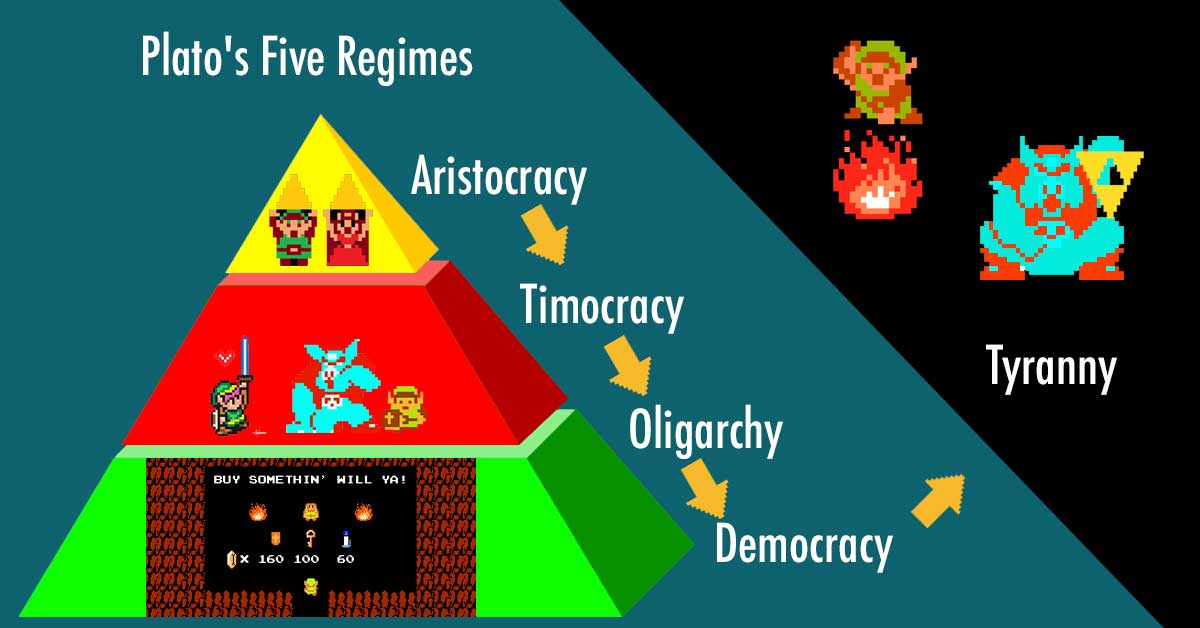
Plato discusses five regimes (five forms of government) in his Republic, Book VIII. They are Aristocracy, Timocracy, Oligarchy, Democracy, and Tyranny.
The political terms left and right are comparative terms that describe political views as: liberalism, collectivism, and liberty (left) vs. conservatism, individualism, and authority (right).
Since political ideology is a complex spectrum of beliefs and actions, the terms are best applied with nuance. They can be used to make absolute statements like Monarchies are right-wing forms of government in terms of power structure. Or they can be used to make comparative statements such as, a progressive Democrat is to the right of a radical anarchist. See the pages below for detailed discussions into the aspects of the political left and right.

Plato discusses five regimes (five forms of government) in his Republic, Book VIII. They are Aristocracy, Timocracy, Oligarchy, Democracy, and Tyranny.
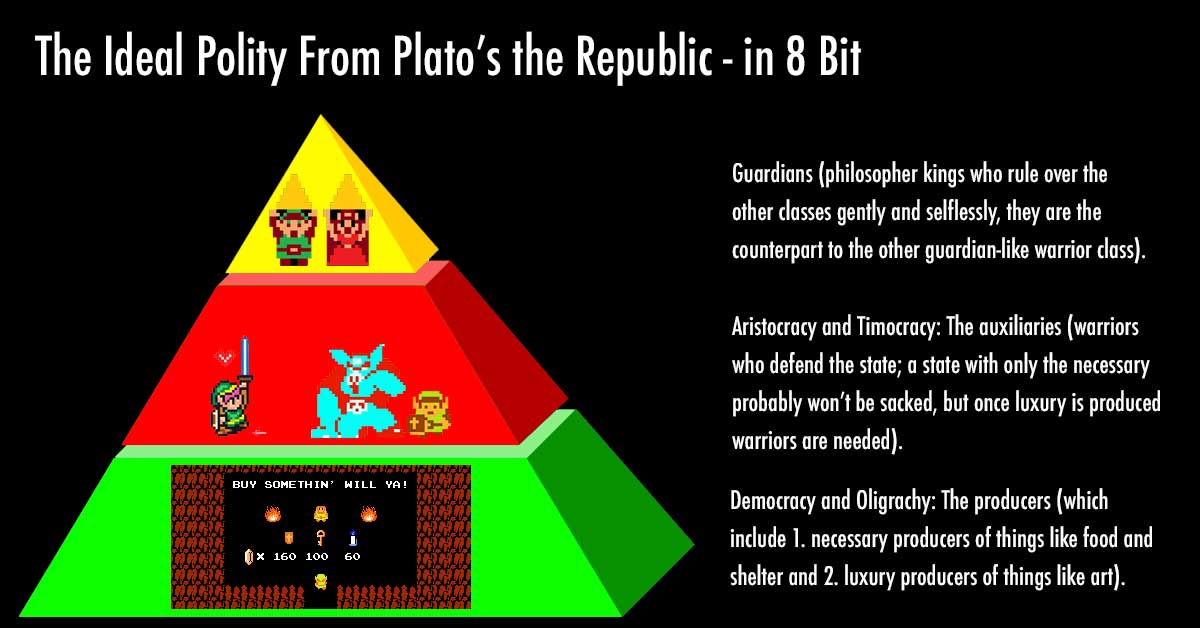
Classically speaking, the term Polity means “a state” (a group of people under a single social contract), but it also implies an “ideal state” (a Kallipolis).
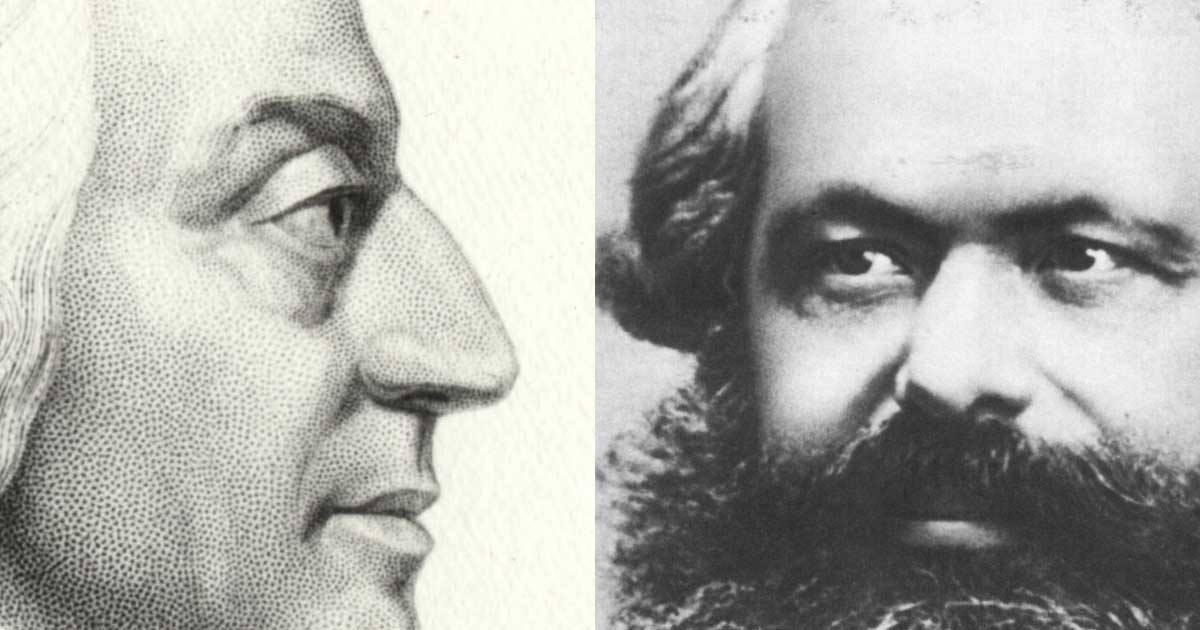
The concept of political correctness can be understood as an excess or deficiency of a few key virtues. Here is a model of “the virtues of political correctness” based on Aristotle’s virtue theory of means.
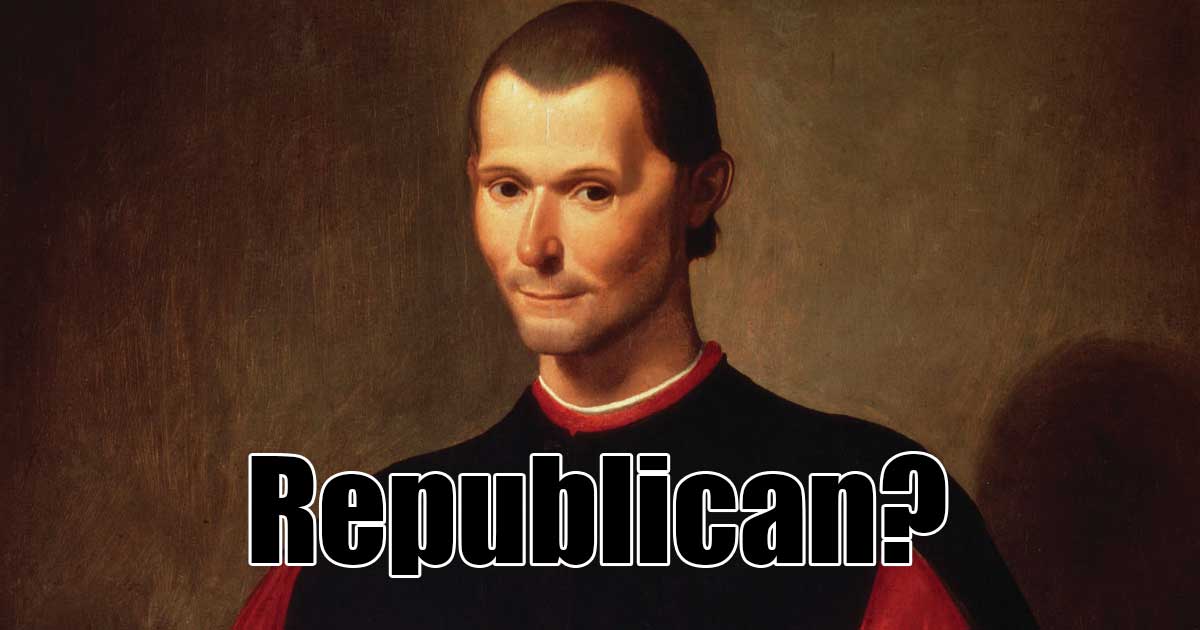
We discuss Republics in general including the philosophy of republics, classical and modern republicanism, and real Republics in-action.
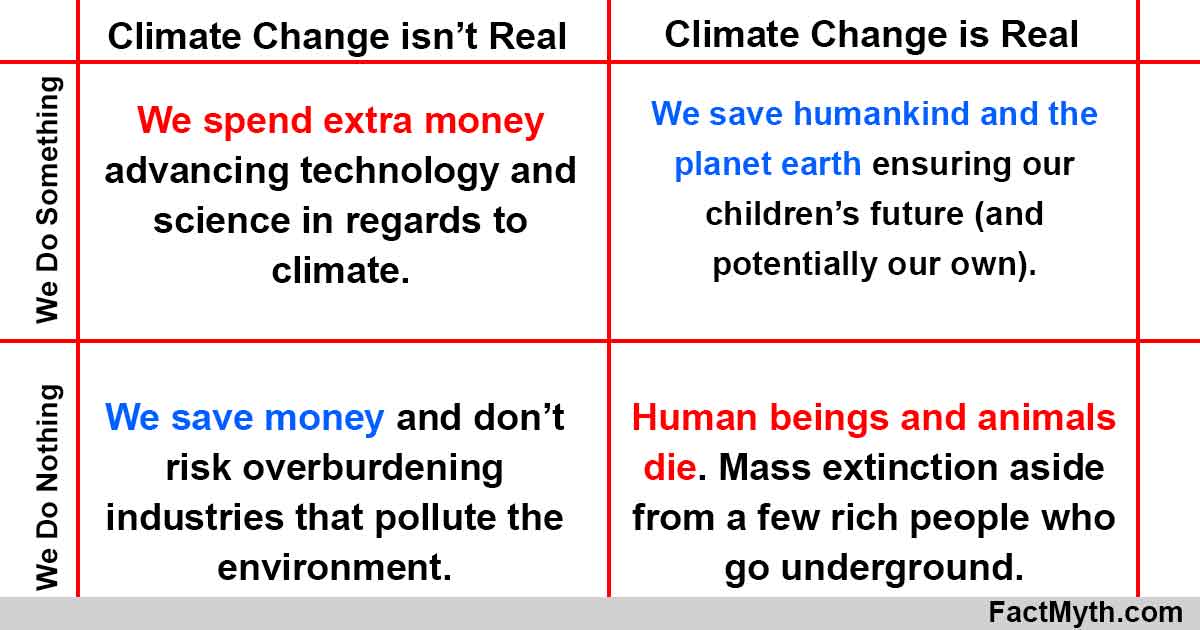
To understand the climate change debate, it is important to clarify some confusion regarding climate change denial and skepticism.

In his Republic, Plato examines how Democracy can lead to Tyranny in a republic. We explain Plato’s theory as it pertains to democracy and tyranny.

The problem with unsubstantiated information is that it is unverified as true, and often leaked by sources with plausible deniability, which is confusing.
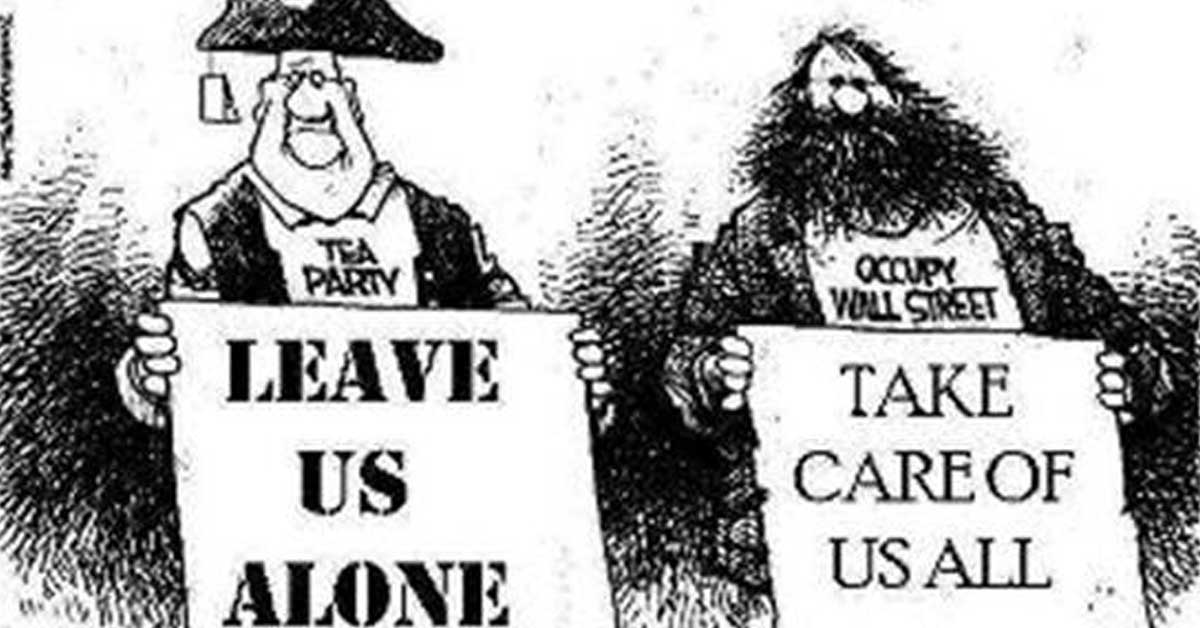
The modern Tea Party is a progressively conservative nativist protectionist populist movement that represent a response to globalism and progressive social liberalism.
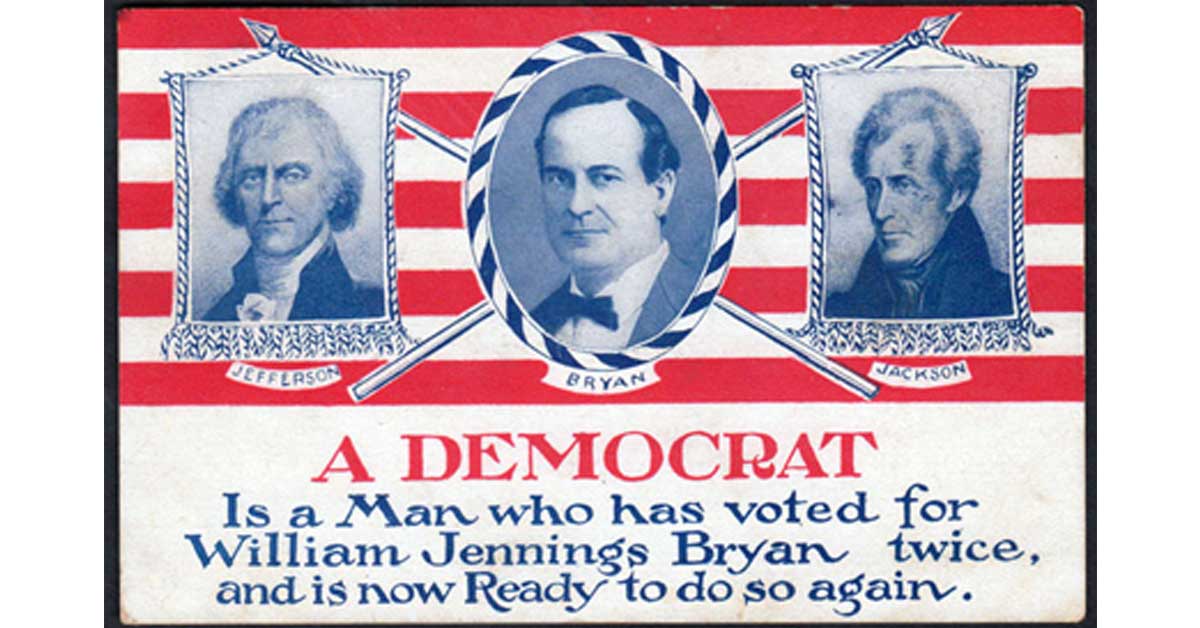
Thomas Jefferson is credited with having said, “equal rights for all, special privileges for none,” a slogan that other progressive Democrats like Williams Jennings Bryan embraced.
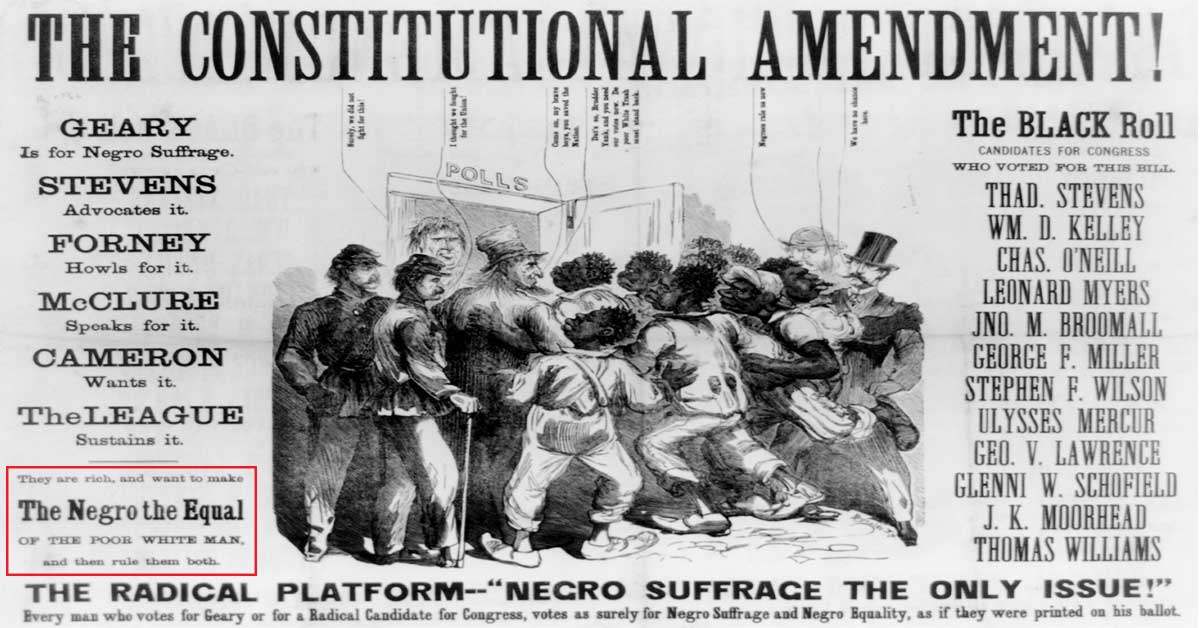
We explain three different types of Republicans found in America during Civil War Reconstruction: moderate, conservative, and radical Republicans.